You have spent more than two decades in government as an intelligence analyst, diplomat and policy advisor, including at the CIA. Now you are director of the Grand Strategy Program at the Quincy Institute. So what exactly do you do?
Well, in short, the Quincy Institute is a relatively new think tank that started about five years ago. Its purpose is to promote US foreign policy, advocating greater realism and restraint. Let us restore what is now a lost art in American foreign policy, namely diplomacy, and recognize that the military solution is not the only tool the United States has to rely on in the world.
To that end, we are developing strategic concepts to combat the forces that continue to militarize the United States in its relations with the world. But to pursue an effective foreign policy, these concepts must be coupled with our diplomatic efforts.
There's no denying it, I am in charge of this gigantic-scale strategic program. We even call it the Grand Strategy.
The United States is also very strong and at times likes to show it. Can you tell us what tools can be used in your strategic concepts to avoid militarization?
I think that since the end of the Cold War, the United States has very often relied on military means to promote its foreign policy objectives. Most of the military operations in which we have been directly or indirectly involved have not been successful. We have not achieved the objectives that we set out to achieve, and in fact I think they have had some unintended, counterproductive effects that have actually harmed American foreign policy and American security. So one of the things that we're trying to achieve in our grand strategic agenda is a balance between the goals that the United States is pursuing and the capabilities that we have to achieve them.
I think that when we try to do more in the world than we are actually capable of, our grand strategy is discredited. All that happens is that we get caught up in so-called 'perpetual wars', which we then fail to bring to a successful conclusion. We are also experiencing major budget deficits because we are spending much more than we can in a sustainable way.
So I believe that the United States needs to adjust its foreign policy to follow a course that is more considerate and more closely aligned with our country's most important national interests. We should not seek to turn other countries into the liberal, Western-style democracies that we expect them to be. They can best do this if they do it on their own initiative and not under political and military pressure from the United States.
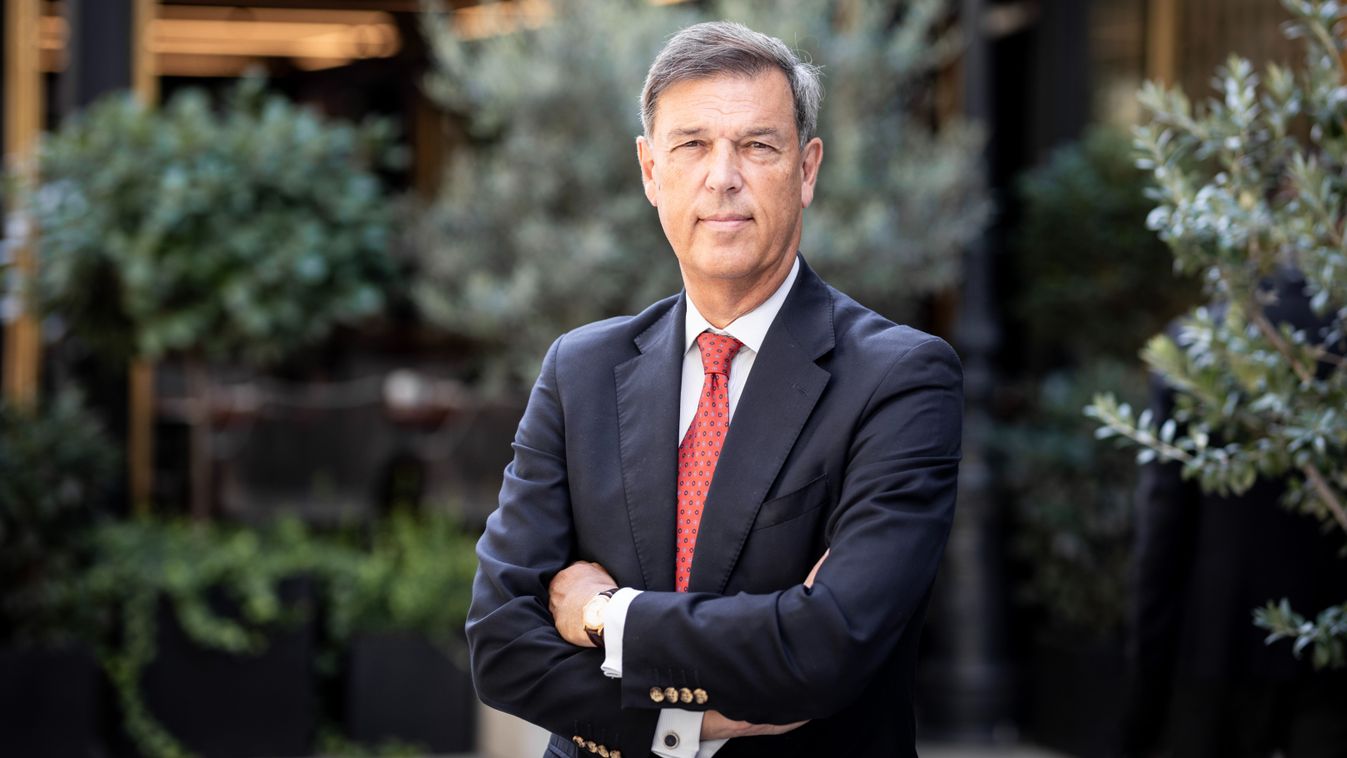
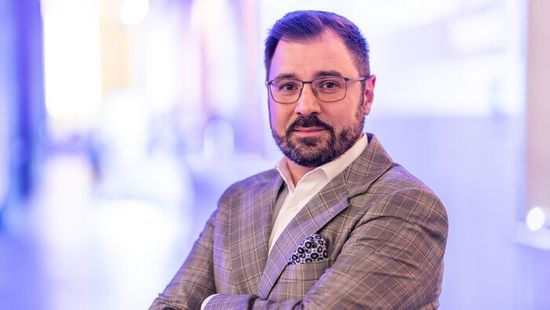
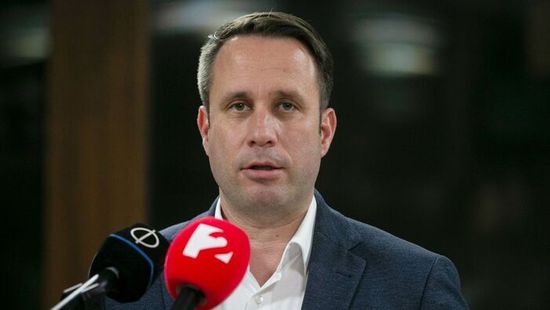
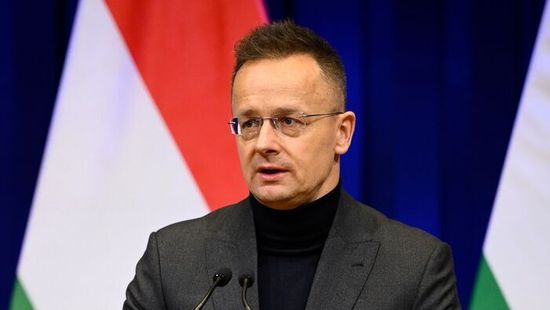



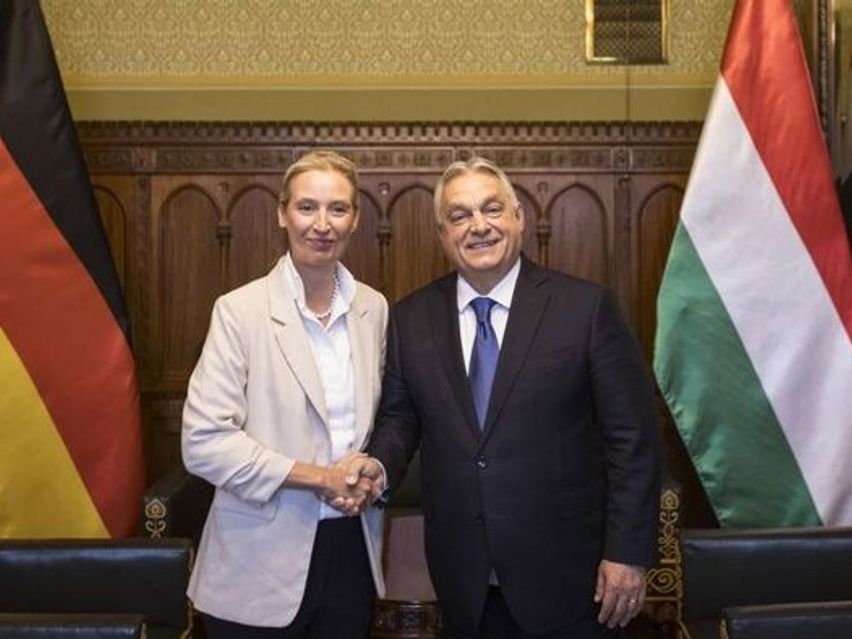





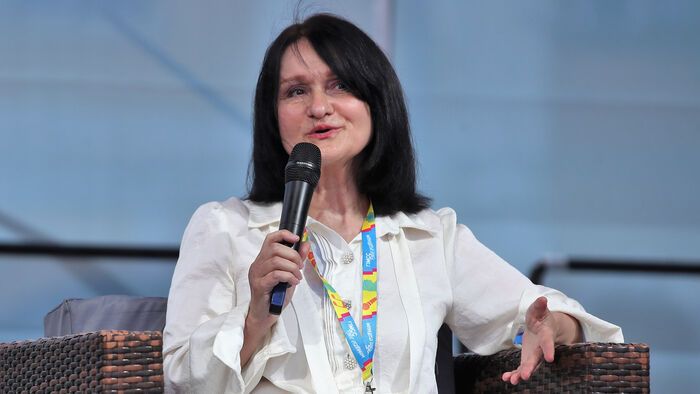
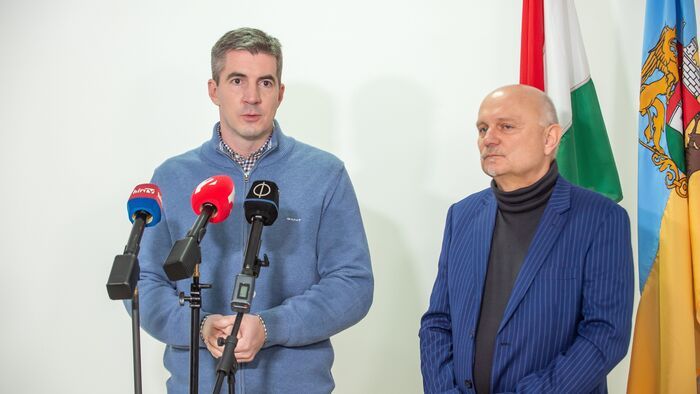

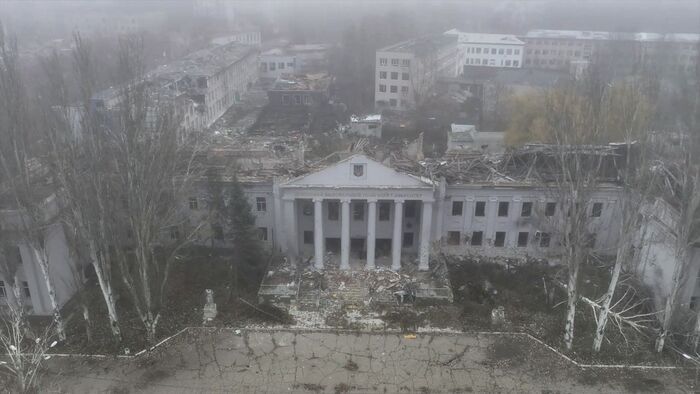
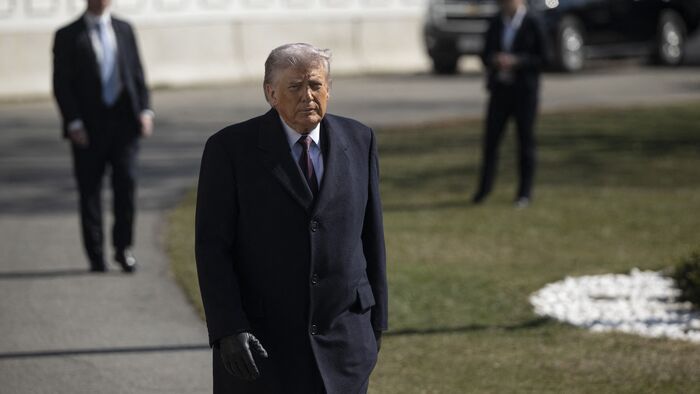



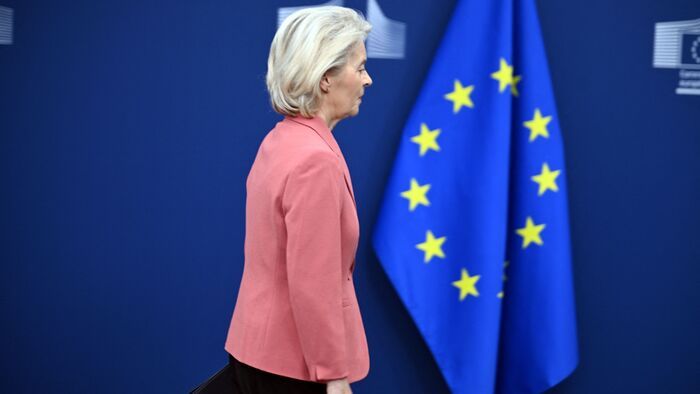

Szóljon hozzá!
Jelenleg csak a hozzászólások egy kis részét látja. Hozzászóláshoz és a további kommentek megtekintéséhez lépjen be, vagy regisztráljon!